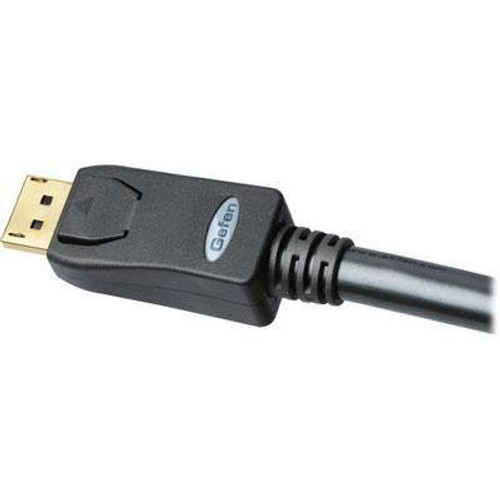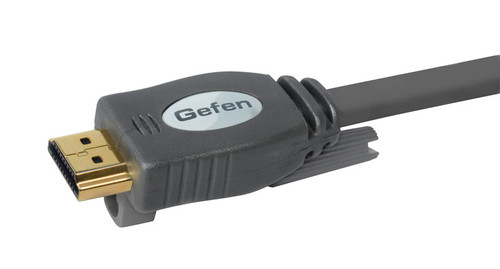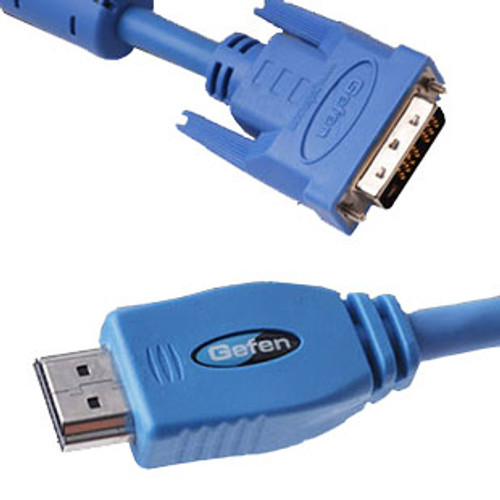Shop All Categories
-
-
- Special Offers
-
- All Batteries & Power Supplies
- Battery Chargers
- Battery Size Adapters
- Battery Testers
- Household Batteries
- Maintenance Bypass Panels (MBPs)
- Mobile Device Chargers
- Mobile Device Wireless Charging Receivers
- Portable Device Management Carts & Cabinets
- Power Adapters & Inverters
- Power Banks
- Power Distribution Units (PDUs)
- Power Supply Enclosures
- Power Supply Transformers
- Power Supply Units
- Uninterruptible Power Supplies (UPSs)
- UPS Accessories
- UPS Batteries
- UPS Battery Cabinets
-
-
- All Computer Cables
- Audio Cables
- AV Modular Cables
- Cable Accessories
- Cable Boots
- Cable Gender Changers
- Cable Protectors
- Cable Splitters or Combiners
- Coaxial Cables
- Component (YPbPr) Video Cables
- Composite Video Cables
- DisplayPort Cables
- DVI Cables
- Fibre Optic Adapters
- Fibre Optic Cables
- Fibre Optic Cleaning Accessories
- Fibre Optic Connectors
- FireWire Cables
- HDMI Cables
- InfiniBand Cables
- Internal Power Cables
- KVM Cables
- Lightning Cables
- Networking Cables
- Parallel Cables
- PATA Cables
- Power Cables
- Ribbon Cables
- S-Video Cables
- SATA Cables
- SCSI Cables
- Serial Attached SCSI (SAS) Cables
- Serial Cables
- Signal Cables
- Thunderbolt Cables
- USB Cables
- VGA Cables
- Video Cable Adapters
- Wire Connectors
-
- All Computer Components
-
- All Chassis Components
- Chassis Component
- Computer Case Parts
- Computer Cases
- Computer Cooling System Parts & Accessories
- Computer Cooling Systems
- Console Extenders
- Drive Bay Panels
- Fan Speed Controllers
- Gaskets
- Heat Sink Compounds
- Mounting Kits
- Network Equipment Chassis
- ODD Enclosures
- Port Dust Covers
- Rack Accessories
- Rack Cabinets
- Rack Consoles
- Rack Cooling Equipment
- Slot Expanders
- Storage Drive Enclosures
- CPU Holder Accessories
- CPU Holders
- Decoders
- Electronic Device Repair Tools
- Holder Parts & Accessories
- Holders
- Mobile Device Dock Station Accessories
- Mobile Device Dock Stations
- Peripheral Device Cases
-
- All System Components
- Audio Cards
- Computer TV Tuners
- Daughterboards
- Development Board Accessories
- Development Boards
- Graphics Card Bridges
- Graphics Cards
- Interface Cards
- Memory Modules
- Motherboards
- Network Cards
- Peripheral Controllers
- Processors
- RAID Controller Accessories
- RAID Controllers
- Trusted Platform Modules (TPMs)
-
- All Computers
- Barebooks
- Customer Displays
- E-Book Reader Accessories
- E-Book Reader Cases
- Embedded Computer Docks
- Embedded Computers
- Handheld Mobile Computer Accessories
- Handheld Mobile Computer Cases
- Handheld Mobile Computer Spare Parts
- Handheld Mobile Computers
- Modular Server Chassis
- Notebooks
- POS System Accessories
- POS Systems
- Server Barebones
- Servers
- Signature Capture Pads
- Stylus Pen Accessories
- Stylus Pens
- Tablet Case Accessories
- Tablet Cases
- Tablet Screen Protectors
- Tablet Security Enclosures
- Tablet Spare Parts
- Tablets
- Thin Clients
-
- All Data Storage
-
- All Data Storage Devices
- Backup Storage Devices
- Card Readers
- Data Encryption Devices
- Data Storage Device Parts & Accessories
- Disk Arrays
- Disk Drive Erasers
- External Hard Drives
- External Solid State Drives
- Floppy Drives
- Internal Hard Drives
- Internal Solid State Drives
- Magnetic Card Readers
- Media Duplicators
- Memory Cards
- NAS & Storage Servers
- Optical Disc Drives
- Personal Cloud Storage Devices
- Storage Device Backup Batteries
- Storage Drive Cases
- Storage Drive Docking Stations
- USB Flash Drives
-
-
-
-
-
- All Networking
-
Network Equipment Parts & Accessories
- All Network Equipment Parts & Accessories
- Network Antenna Accessories
- Network Equipment Spare Parts
- Network Interface Processors
- Network Splitters
- Network Switch Components
- Network Switch Modules
- Network Transceiver Modules
- Networking Equipment Memory
- PoE Adapters
- Services-Ready Engine (SRE) Modules
- Voice Network Modules
- Wireless Access Point Accessories
-
-
- All Power Conditioning
- Automatic Transfer Switches (ATSs)
- Electric Converters
- Electrical Relays
- Electrical Switch Accessories
- Electrical Switches
- Isolation Transformers
- Light Switches
- Line Conditioners
- Modular Devices Accessories
- Push-Button Panels
- Remote Power Controllers
- Signal Converters
- Solar Energy Kits
- Solar Panel Accessories
- Solar Panel Charge Controllers
- Solar Panels
- Voltage Transformers
-
- All Printers & Scanners
-
- All Print & Scan Accessories
- Fuser Oil
- Fuser Wipers
- Fusers
- Handheld Printer Accessories
- Language Fonts
- Media Spindles
- Multi Bin Mailboxes
- Output Stackers
- Print & Scan Accessories
- Print Servers
- Printer
- Printer Accessibility Accessories
- Printer Belts
- Printer Cables
- Printer Emulation Upgrades
- Printer Memory
- Printer Switches
- Scanner Accessories
- Scanner Transparency Adapters
- Trays & Feeders
- T-Shirts
-
- All Telecom & Navigation
-
- All Conference Equipment
- Audio Conferencing Bridges
- Audio Conferencing Systems
- AV Conferencing Bridges
- Bluetooth Conference Speakers
- Conference Camera Controllers
- Conference Phones
- Interpreter Desks
- Meeting Room Consoles
- Meeting Room Displays
- Speakerphones
- Teleconferencing Equipment
- Video Conferencing Cameras
- Video Conferencing Systems
- Wireless Presentation Systems
-
Telecommunication Equipment Accessories
- All Telecommunication Equipment Accessories
- Key Finder Accessories
- Mobile Communication Device Parts & Accessories
- Navigational Equipment Parts & Accessories
- Radio Communication Equipment Parts & Accessories
- Smart Wearable Accessories
- Telephone Equipment Parts & Accessories
- Video Conferencing Accessories
- Wireless Presentation System Accessories
-
- All Wiring Devices & Accessories
- Attenuators
- Cable Entry Systems
- Cable Glands
- Cable Grommets
- Coaxial Connectors
- Compression Dies
- Electrical Complete Connectors
- Electrical Power Plugs
- Electrical Terminals
- Electrical Wires
- Electronic Connector Caps
- Keystone Modules
- Outlet Boxes
- Plug Lock Inserts
- Power Extension Accessories
- Power Extensions
- Power Plug Adapters
- Radio Frequency (RF) Components
- Socket Safety Covers
- Socket-Outlets
- Terminal Block Accessories
- Terminal Blocks
- Wall Plates & Switch Covers







